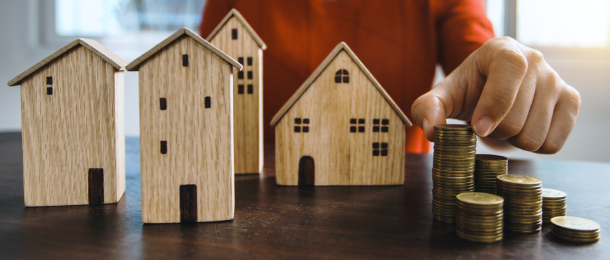An investment consulting firm has suggested investors, including retirees, must look beyond traditional asset classes such as equities and bonds and consider including alternatives in their portfolios to improve their returns in the current economic environment.
To this end, Evergreen Consultants founder Angela Ashton recommended individuals consider investing in assets such as gold, commodities and private credit, and real assets like infrastructure.
The rationale for this advised change in asset class direction is Evergreen’s view that the corporate earnings cycle has peaked and equity markets will become more volatile.
“The war in Ukraine is adding to inflationary pressure, labour costs are rising and profit margins are under pressure. Equity investors should move to value or quality to position their portfolios more defensively,” Ashton said.
However, she pointed out increasing the portfolio weighting of bonds to take a more defensive position will not provide an effective solution either.
“Investing in bonds will be very difficult this year as we expect a lot of volatility. It would not be surprising to see yields rise further from here and it is very hard to know where they will land. Markets are volatile and there is every chance they will overshoot,” she noted.
Instead, she identified the risk-adjusted returns investors can generate from investing in Australian and global credit sectors as being able to achieve a better defensive result.
Australian credit markets are expected to deliver an average yearly return of 3.95 per cent with annualised volatility of 3 per cent, while it is anticipated global credit will produce a return of 3.75 per cent a year with an annualised volatility of 3 per cent.
Further, according to Ashton, private credit has the advantage of employing floating interest rates, which means it will benefit from interest rate rises.
With regard to real assets, she noted investors can benefit from the predictable income distributions they can deliver.
In addition, the consulting firm said gold was a safe-haven holding currently being valued at $2500 an ounce, which is close to a two-year high.
“The old investment rules are not going to work going forward,” Ashton noted.



